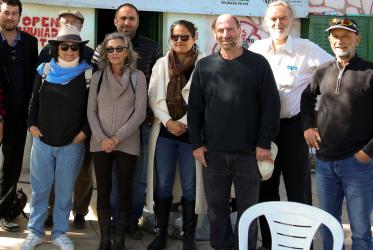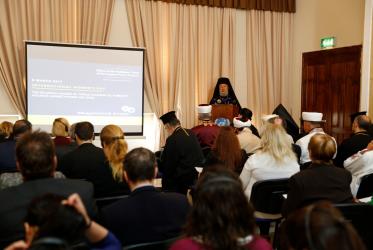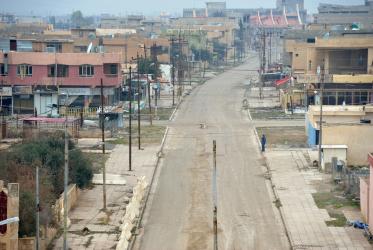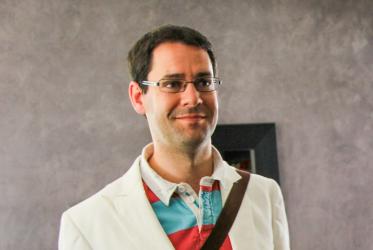Displaying 1 - 20 of 32
Planting trees and working for peace in Palestine
26 January 2022
Shabbat dinner ‘helps humanize two sides of the story’
27 March 2019
Rabbis walk through Hebron in solidarity
07 February 2019
A moment in ‘Time’: an interreligious vision in Erlangen
20 December 2018
WCC offers tribute to Marie Bassili Assaad
12 September 2018
A safe space for sinners to change and for pain to be shared
03 August 2017
Women in development create space for hope in Egypt
15 June 2017
Grand Imam calls for collaboration against violence and poverty
06 October 2016
WCC urges support for social media campaign to end Syria crisis
25 January 2016













